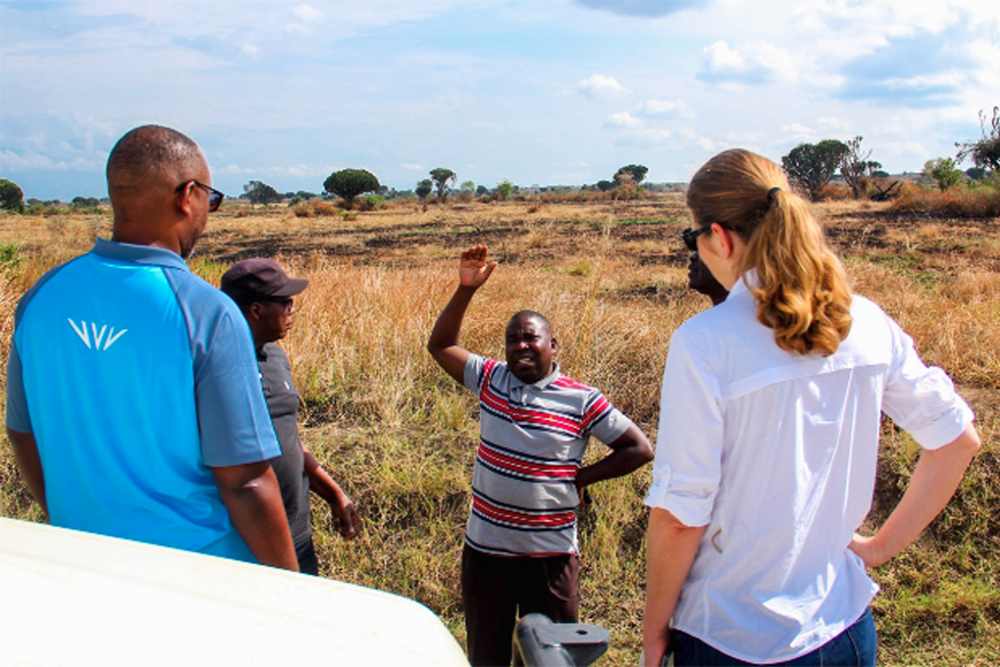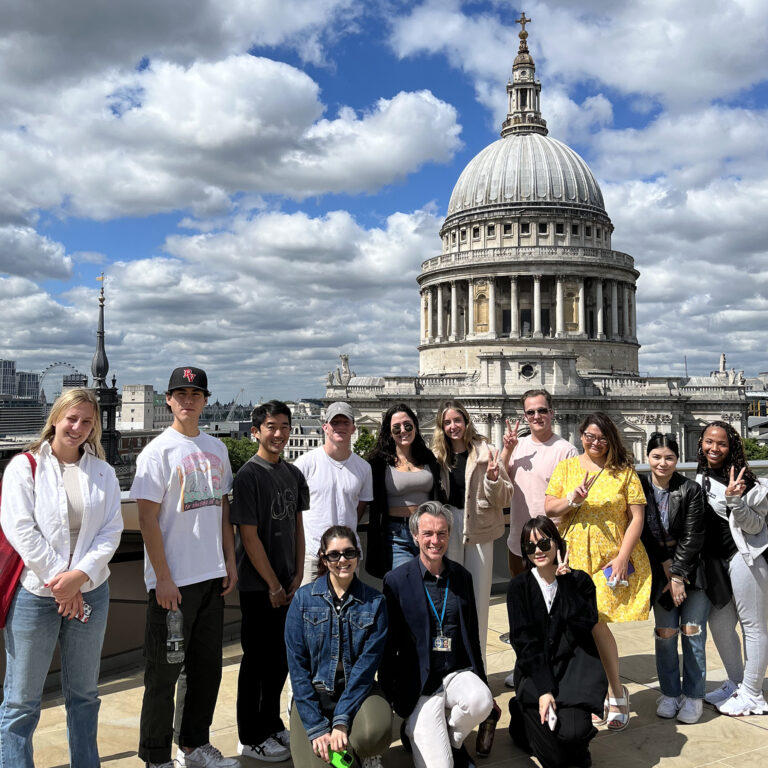Research Centers & Institutes
USC’s commitment to research knows neither boundaries nor borders, extending around the world to learn from the past while building for the future.
USC Korean Studies Institute
The USC Korean Studies Institute fosters education and research about Korea, focusing on both historical and contemporary issues. The institute seeks to increase the visibility of Korean studies through its student and faculty support and ambitious public programming.
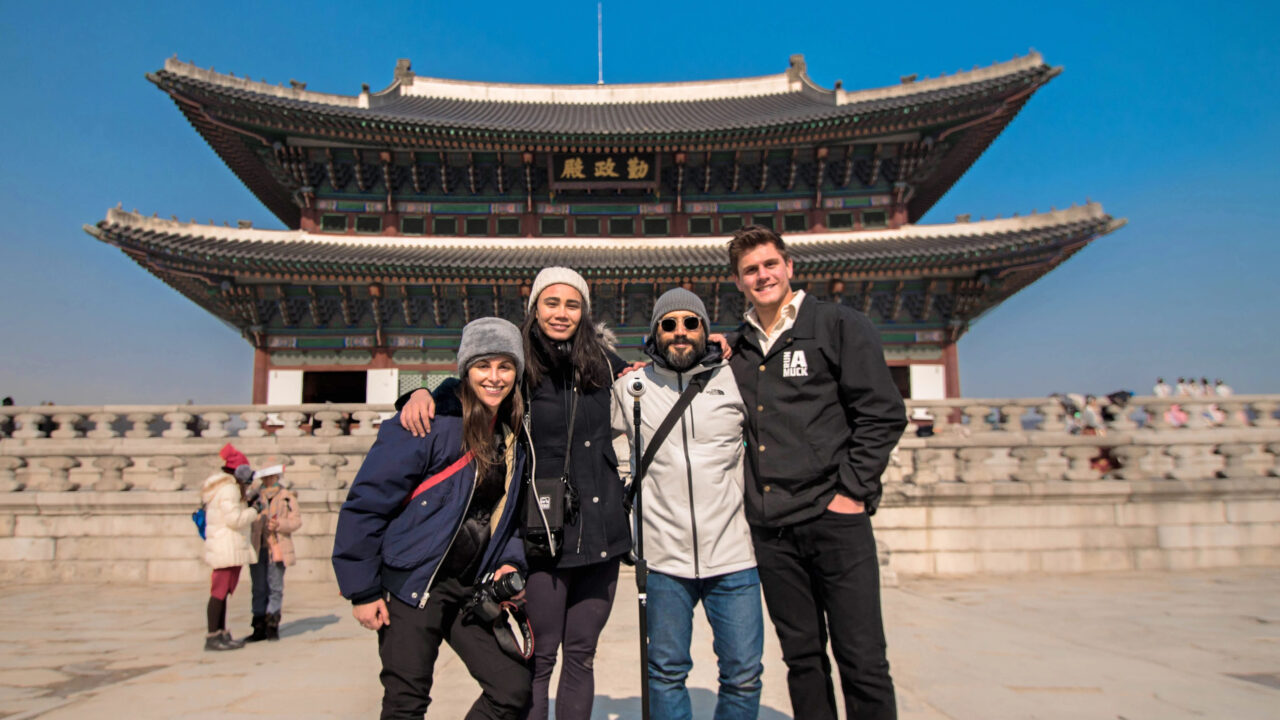
USC U.S.-China Institute
The USC U.S.-China Institute informs public discussion of the evolving and multidimensional relationship between the two nations through policy-relevant research, graduate and undergraduate training, and professional development programs for teachers, journalists and officials. The institute produces compelling public events, widely viewed documentary films and the popular magazines U.S.-China Today and Asia Pacific Arts.
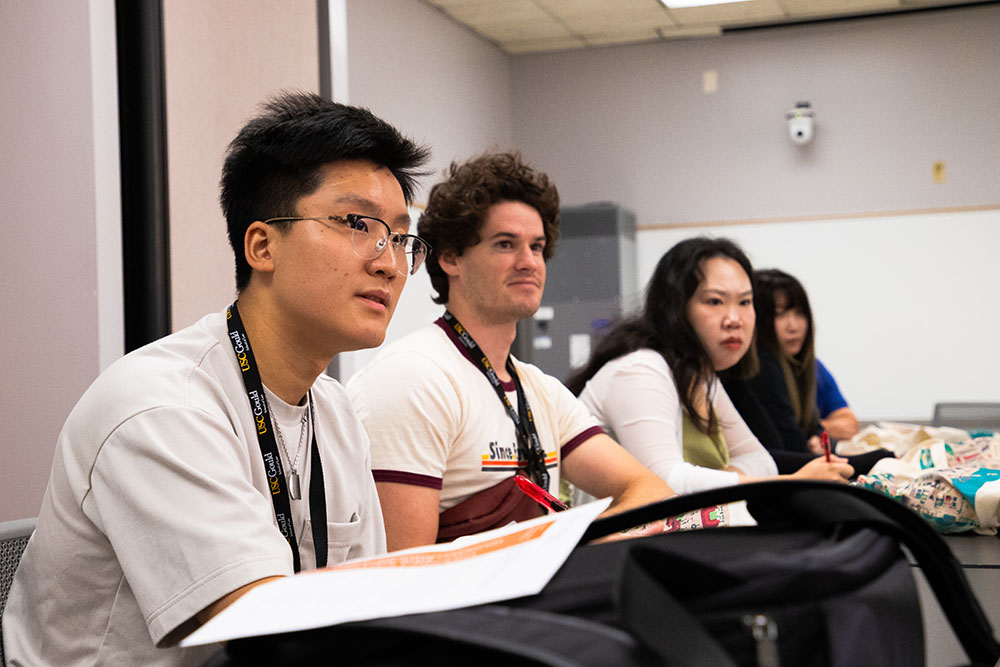
USC Shinso Ito Center
The USC Shinso Ito Center promotes the study of Japanese religions and culture through faculty-led research and publications, public conferences and events, and support for graduate students, including postdoctoral fellowships and hosting visiting scholars.
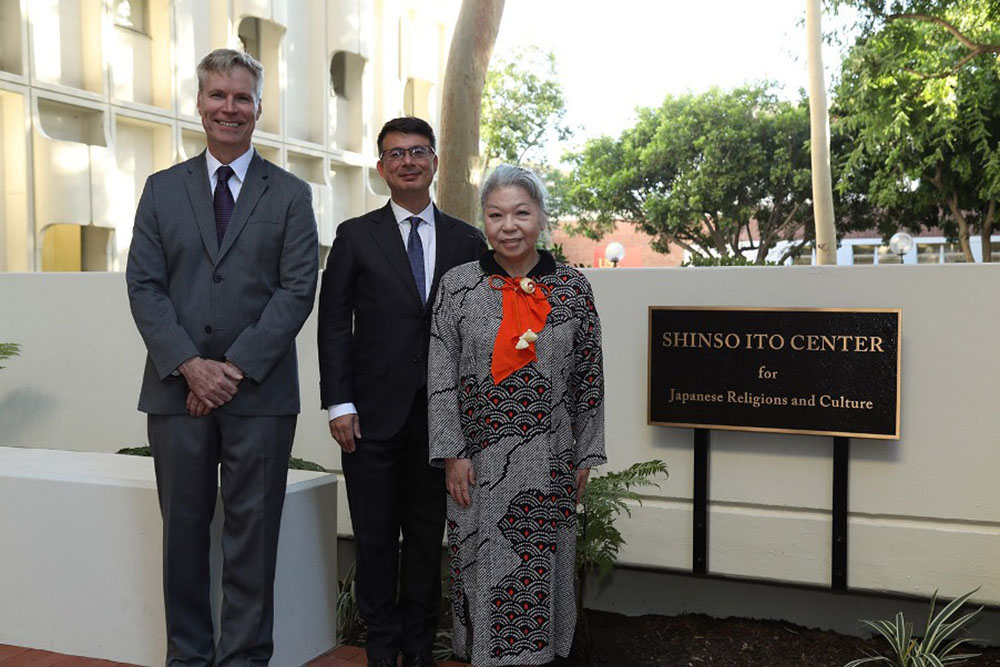
USC East Asian Studies Center
The USC Dornsife College of Letters, Arts and Sciences established the East Asian Studies Center (EASC) in 1975 to provide dedicated leadership, coordination and support for the growing interdisciplinary education, research activity and community outreach concerning East Asia. In addition to being an academic department, EASC has been recognized as one of the nation’s leading centers for the development of East Asian area studies and makes USC among a small group of elite colleges and universities to be designated a National Resource Center for East Asian studies by the U.S. Department of Education.
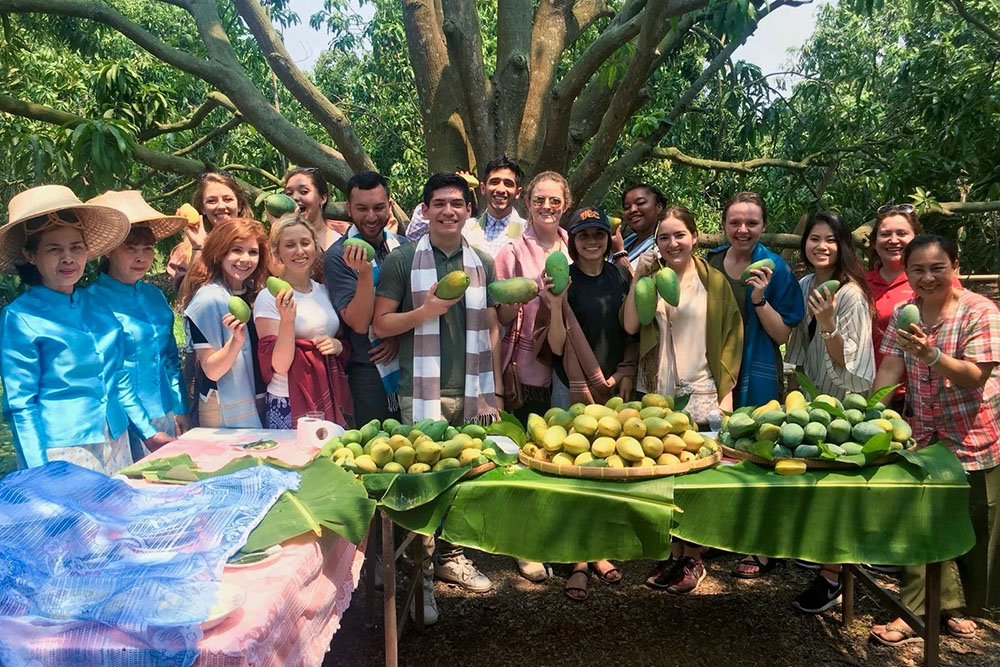
USC Shoah Foundation
With partnerships spanning the globe, the USC Shoah Foundation works to overcome prejudice, intolerance and hatred — and the suffering they cause — through programs that include collecting eyewitness accounts of the Holocaust and other genocides, which are then widely shared through the latest technology.
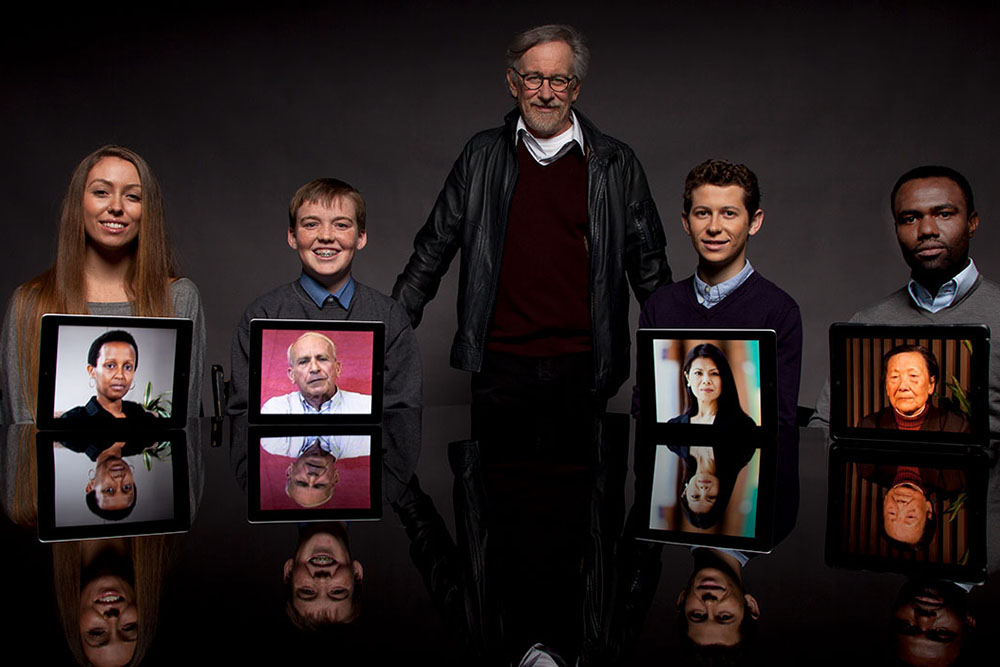
USC Institute on Inequalities in Global Health
The USC Institute on Inequalities in Global Health advances a broad agenda of training, capacity building, research and policy development. By drawing on USC’s passionate and dedicated faculty, physicians and students, and partnering with global-health experts across the nation and the world, the institute engages and supports the USC community in a wide range of educational programs, collaborative projects, global health grants and volunteer experiences. It also enables students and faculty to create research and training partnerships of their own to promote healthier communities worldwide.
